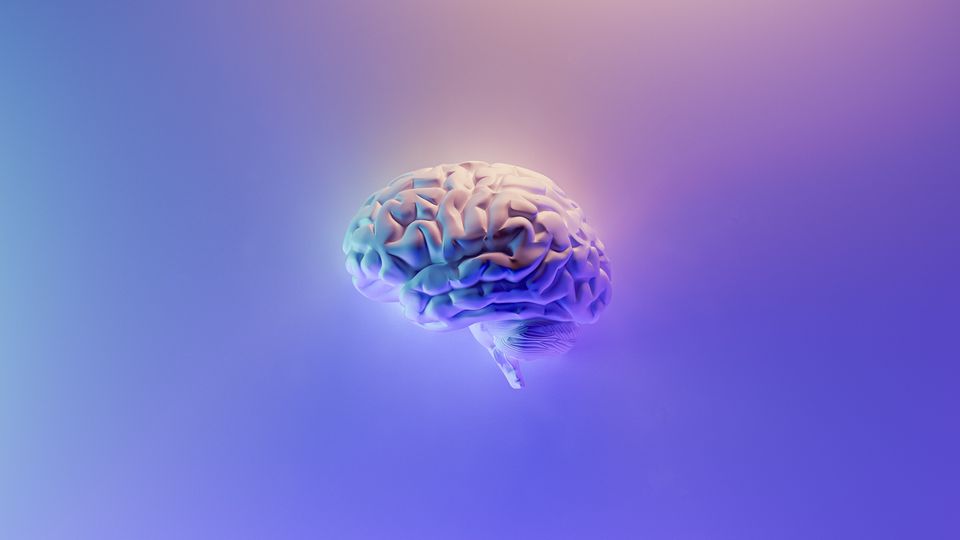Lipid Metabolism Insights Could Unlock Treatment for Aggressive Brain Cancer

Complete the form below to unlock access to ALL audio articles.
A study has shown how a mutation found in the majority of glioblastomas, an aggressive brain cancer, alters lipid metabolism and could open up new avenues for treatment. The research is published in Cancer Cell.
Poor outcomes for glioblastoma
Glioblastomas are an aggressive type of brain cancer, meaning they grow quickly and are incredibly lethal – less than 1% of patients survive for more than 10 years after their diagnosis, while most live for only 12 to 15 months. High-profile examples of those affected by glioblastoma include US President Joe Biden’s son Beau and Senator John McCain, who both died from the disease.
Very few treatment options are available, and there is no known cure. Treatment principally consists of surgery followed by radiation and chemotherapy to remove as much of the tumor as possible while sparing healthy tissue.
Therefore, new ways of treating cancers such as glioblastoma are urgently needed. Disrupting cancer cells’ metabolism – their methods of processing energy and nutrients to survive, grow and invade healthy cells – could be a promising avenue for new treatments.
Want more breaking news?
Subscribe to Technology Networks’ daily newsletter, delivering breaking science news straight to your inbox every day.
Subscribe for FREEResearchers at the University of California, Los Angeles (UCLA) Jonsson Comprehensive Cancer Center aimed to investigate a genetic alteration in a gene called CDKN2A that is present in about 60% of glioblastoma patients. They found that this mutation creates a vulnerability that could be a promising target for the development of targeted therapies.
Targeting cancer cell vulnerabilities
The CDKN2A mutation causes changes in the way lipids – fat molecules – are distributed in cancer cells, making the cancer cells vulnerable to being destroyed.
The researchers identified the potential significance of this mutation by analyzing data from 84 glioblastoma tumors, 42 human cell lines and 30 mouse models of glioblastoma. They noticed some irregularities with CDKN2A, finding that the mutated gene rewires lipid metabolism to work in a different way than cells without that genetic alteration.
When the CDKN2A gene is missing, the cancer cells process fats in such a way that makes them more vulnerable to a type of cell death called ferroptosis. Using a drug that targets this process, the researchers found the CDKN2A-mutated cells were highly sensitive, whereas cells without the mutation were insensitive.
“We discovered that CDKN2A may be a key regulator of cancer cell metabolism, which has never before been shown in the context of cancer, even though it is deleted in other types of cancer,” said David Nathanson, co-senior author of the study and associate professor of molecular and medical pharmacology at UCLA. “Importantly, we found that CDKN2A deletion rewires lipid metabolism not just in our models but also in tumors from glioblastoma patients. This indicates that this metabolic vulnerability could one day be a target of therapy in glioblastoma patients.”
Unlocking a possible treatment?
Importantly, the researchers note that while there is currently no drug that targets this process that can also cross the blood–brain barrier, the findings from this study provide a strong rationale for developing such a drug.
The study also has another important implication, suggesting that diet and other lifestyle factors may play a role in cancer progression and responses to therapy. “Our data indicates that CDKN2A-deleted cancer cells shift the type of lipids used to build their cellular membranes, and that this difference can be exploited to kill tumors,” said Steven Bensinger, co-senior author of the study and a professor of molecular and medical pharmacology at UCLA. “This opens up the exciting possibility that prescribing special diets containing the ‘wrong’ lipids could make them more susceptible to therapy or reduce tumor growth.”
The researchers have also released data on the 156 glioblastoma samples analyzed, creating a publicly available database for investigators worldwide while expanding the database to include over 500 samples in total. In doing so, the team hopes that this will enable the identification of additional relationships between cancer-fighting genes and lipid metabolism in brain cancers.
This article is a rework of a press release issued by the University of California, Los Angeles Health Sciences. Material has been edited for length and content.




